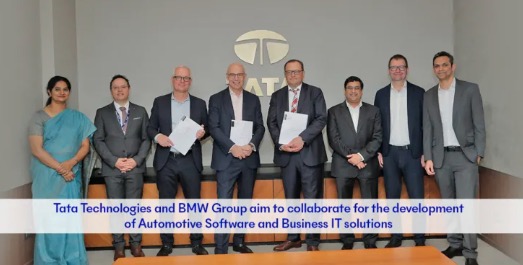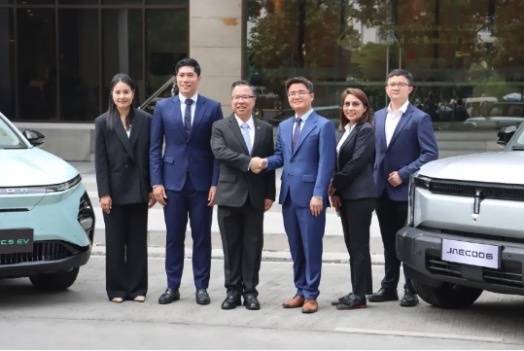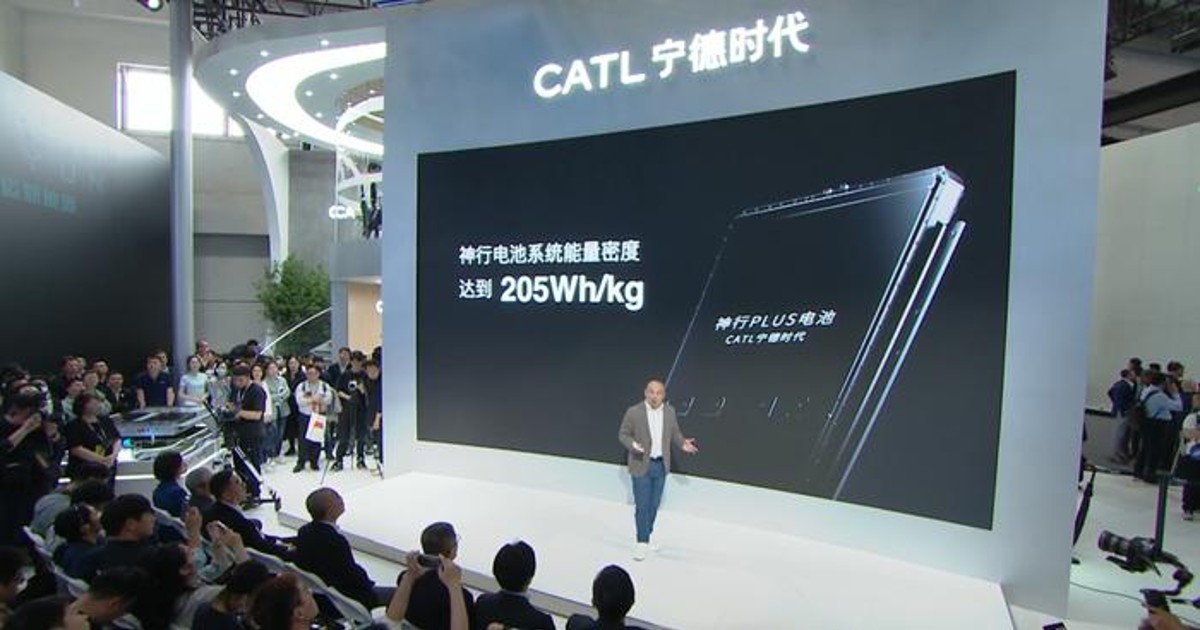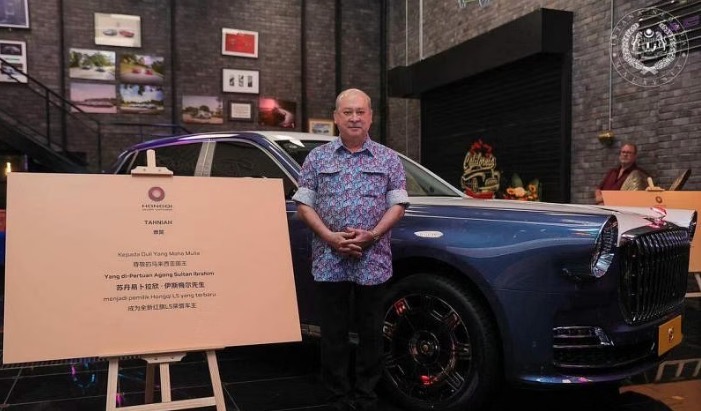On April 2, BMW Group and Indian company Tata Technologies jointly announced the signing of a cooperation agreement, with both parties establishing a joint venture with a 50:50 shareholding.
As of the time of publication, the specific financial details of the cooperation agreement have not been disclosed by both parties. Currently, the establishment and operation of the joint venture still require review and approval by relevant departments, and the details of the cooperation remain to be announced.

Official information shows that the joint venture has 100 employees, but BMW Group stated that in the next few years, the number of employees in the joint venture may rapidly increase to four digits. According to the agreement, the joint venture will operate in Bangalore and Pune, India, and become part of BMW’s global software business and IT center network. After the establishment of the joint venture, it will develop functions such as autonomous driving software, infotainment systems, and digital services, including the digitalization and automation of product research and development and production. In short, the joint venture will develop automotive software for the BMW Group, including software-defined vehicle solutions.
This cooperation is the first between Tata Technologies and the BMW Group. Regarding the establishment of the joint venture, Tata Technologies stated that the joint venture of the two parties will develop functions such as autonomous driving software and dashboard systems. In addition, a senior vice president of BMW Group’s software architecture stated that the partnership with Tata Technologies will accelerate progress in the field of software-defined vehicles. India has a large number of software talents, and developing vehicle software for the BMW Group means using top advanced technologies. Another senior executive of the BMW Group also stated that the establishment of a joint venture is the advantage of BMW Group’s global layout, and the BMW Group will also expand its business in India through this.
In this regard, industry insiders believe that the establishment of a joint venture between BMW Group and Tata Technologies in India marks BMW’s further layout in the field of software development.
In fact, many global automakers and auto parts manufacturers have set up software development centers in India, including Volvo and Magna International. In addition, companies such as Toyota Motor and Mercedes-Benz are also increasing investments in India to increase production. On April 3, the head of Toyota Kirloskar Motor, a joint venture between Toyota and Kirloskar Group in India, stated that it plans to expand its annual production in India from the current approximately 320,000 vehicles to 445,000 vehicles by 2026.
On April 1, the sales data released by Tata Motors in India showed that in March 2024, its sales in the Indian market were 90,822 vehicles, while in the same period last year, it was 89,351 vehicles, with a year-on-year increase of 1.65%.
BMW Group, as a globally renowned automaker, officially stated that more than 20 years ago, it began its own automotive software development. Since then, it has continuously expanded its global development team network for automotive software and business IT solutions, including IT and software centers in Germany, the United States, South Africa, India, Portugal (joint venture key technology factory), and China (Lingyue Digital IT Co., Ltd. and BA Technology Factory) have been continuously strengthening their software expertise. Currently, BMW Group and its global joint ventures have more than 9,400 people engaged in IT and software development. The company will continue to enhance its skills based on demand.
Of course, as a global luxury brand, compared to the Indian market, BMW Group’s focus is more on the Chinese market. Currently, the Chinese market has become BMW Group’s largest single market globally. In recent years, BMW has made significant investments in the Chinese market’s electric vehicle sector and accelerated its electrification transformation. In 2023, BMW launched a total of five pure electric vehicle models in the Chinese market, including BMW iX, BMW i4, BMW iX3, BMW i3, and BMW i7, covering almost all automotive consumer segments. In addition to Brilliance BMW, BMW Group also has another joint venture in the Chinese market, BAIC Motor Corporation Limited, which was established in December 2019. Great Wall Motor Co., Ltd. and BMW (Netherlands) Holding B.V. each hold 50% of the shares of the joint venture, with BMW (Netherlands) Holding B.V. being the actual controller. Currently, the first mass-produced car of BAIC Motor, “MINI COOPER,” has completed the application with the Ministry of Industry and Information Technology and is expected to be listed in the year.
It is worth mentioning that although BMW occupies a large market share in the luxury market, in the new era of new energy vehicles, BMW’s luxury car advantage is difficult to be demonstrated. Data shows that in 2023, BMW Group delivered 2.555 million new vehicles globally, a year-on-year increase of 6.5%. Among them, more than 375,000 pure electric vehicles were delivered, a year-on-year increase of 74.2%. In the Chinese market, BMW Group delivered 825,000 new vehicles in China, a year-on-year increase of 4.2%. Among them, the delivery volume of pure electric vehicles was about 100,000, a year-on-year increase of more than 1.3 times.
For BMW, maintaining its position as an industry pioneer and making a mark in the highly competitive Chinese electric vehicle market remains a long and arduous task. On April 3, BMW Group officially announced its participation in the 2024 Beijing Auto Show. The BMW and MINI brands will showcase their strongest product lineup ever in Beijing, including the BMW New Generation Concept Car, the new pure electric BMW i4, the MINI’s first pure electric crossover model, MINI ACEMAN, and a total of 15 vehicle lines, covering entry-level compacts to large luxury vehicles, as well as individual niche models and performance vehicles.


